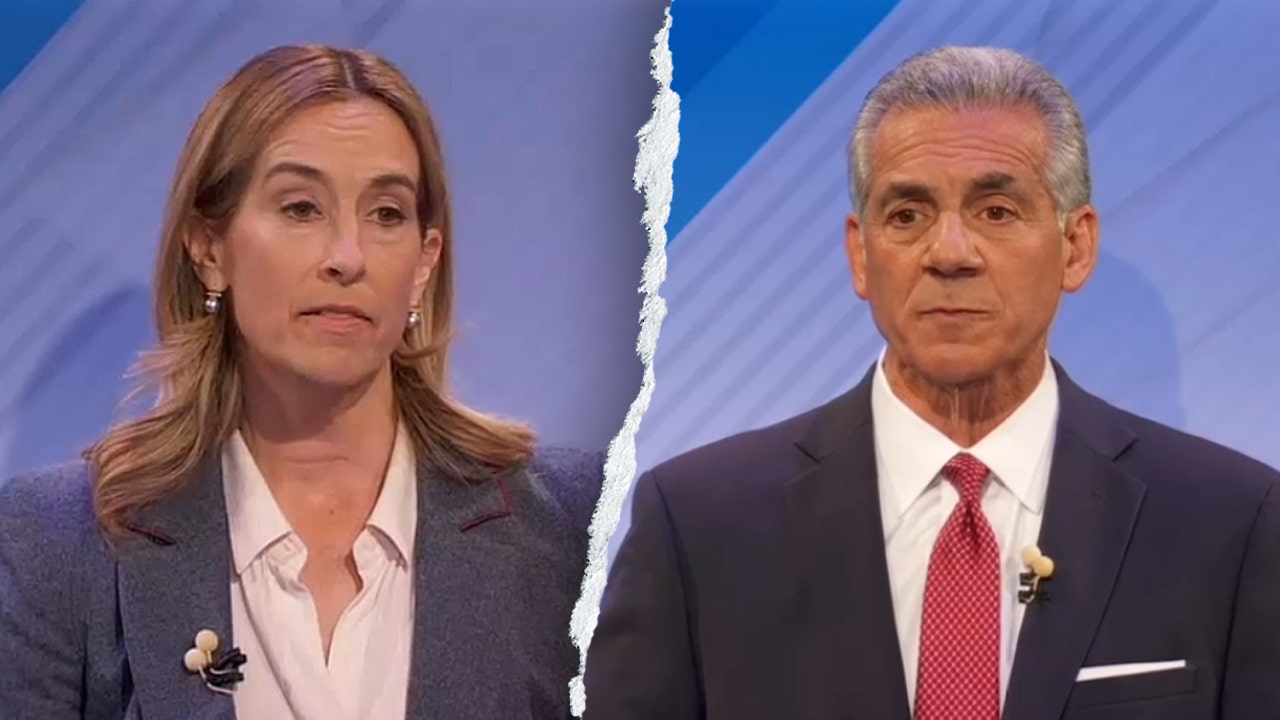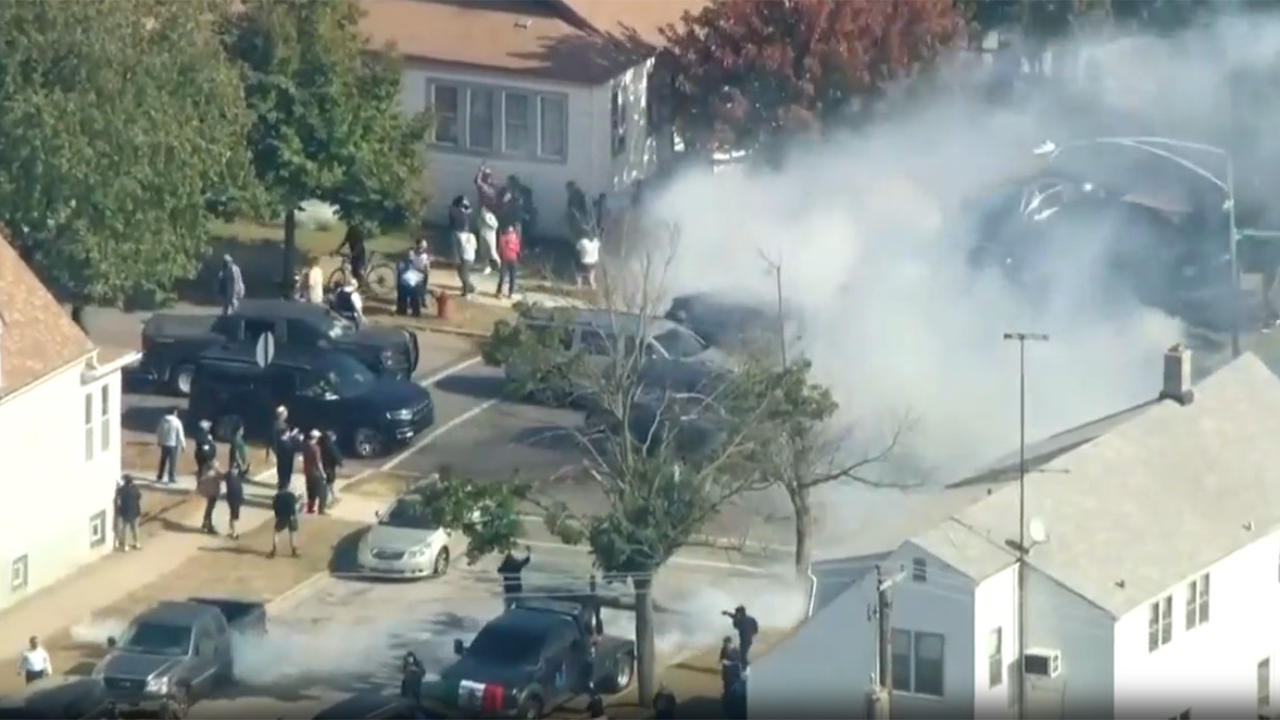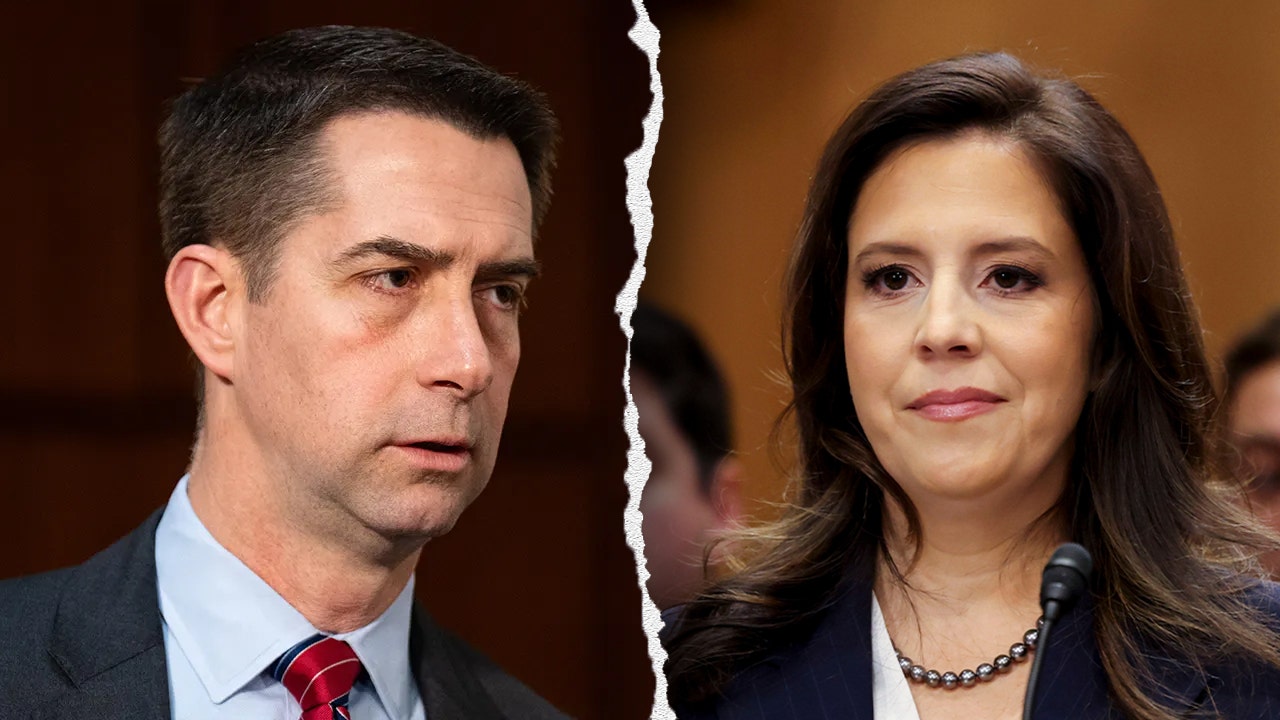Hamas failed to make good on its end of the Trump-designed Gaza peace plan on Tuesday, returning just 4 of the 28 bodies it agreed to release as part of the first phase of the agreement. Israel shut down a key Gaza border crossing in response and has begun restricting aid until the terror group follows through on its promise.
“Hamas is required to fulfill its part of the agreement and make the necessary efforts to return all the hostages to their families and to proper burial,” the IDF said on Tuesday after receiving the remains of just four hostages who died in captivity.
Israel then shut down the Rafah border crossing with Egypt and severely restricted the delivery of humanitarian aid, an emergency plan Israeli prime minister Benjamin Netanyahu approved early Tuesday. The move is meant to pressure Hamas into upholding the ceasefire pact negotiated in recent days by Egypt, Turkey, and Qatar.
The hold-up drew an angry response from President Donald Trump, who vowed to disarm Hamas with force if necessary.
Trump warned Hamas about making good on the agreement, saying in a Tuesday Truth Social post that “the JOB IS NOT DONE. THE DEAD HAVE NOT BEEN RETURNED, AS PROMISED.”
In subsequent remarks at the White House, the president made clear that “Hamas will disarm, or we will disarm them.” He added that forced disarmament will “happen quickly, and perhaps violently.”
The terror group then offered up four more bodies late Tuesday afternoon. The coffins were transferred to the Red Cross and are currently on their way to Israeli authorities.
Hamas earlier on Tuesday delivered four coffins to Israeli authorities, who quickly transferred them to Israel’s National Center of Forensic Medicine “for identification procedures,” according to the IDF.
After analyzing the remains, Israel determined that two of the coffins contained 26-year-old Guy Iluz and 23-year-old Bipin Joshi, both of whom were kidnapped on Oct. 7. The names of the two others were not yet cleared for release as of Tuesday afternoon.
Iluz, Israeli medical teams discovered, “was injured and abducted alive by the Hamas terrorist organization after escaping the Nova music festival toward the Tel Gama area.” He later “died from his wounds after not receiving proper medical treatment while held captive by Hamas.”
Joshi, a Nepalese citizen, was abducted from Kibbutz Alumim and “murdered in captivity during the first months of the war,” according to the IDF, which is still reviewing details.
The terror group’s decision to violate the deal just 24 hours after it was formally announced during a ceremony in Egypt that Trump attended signals that Hamas may have reservations about giving up its only remaining bargaining chip. Regional analysts and a former Israeli defense official who spoke to the Washington Free Beacon said that, while Hamas leaders may not know where every single body is located, the terror group’s release of just eight hostages suggests it is stalling for time.
“Hamas is the terrorist organization that lies and obfuscates and delays and is vying for time because it’s in bad shape, but this is an organization that should not be trusted to tell the truth or to follow through on agreements,” said Jonathan Schanzer, executive director of the Foundation for Defense of Democracies (FDD). “It’s a terrorist organization. Full stop.”
The remaining bodies, Schanzer noted, are Hamas’s “only leverage with Israel.” Once they come home, the Jewish state is likely to eradicate the terror group’s remaining military infrastructure across Gaza.
A former Israeli defense official agreed with Schanzer’s assessment, telling the Free Beacon that “Hamas is currently playing with fire.”
“What they seem to have forgotten is that Israel holds all of the cards now that the living hostages are all back in Israeli territory,” said the source, who could not speak on record about ongoing recovery efforts. “Hamas is going to have to speed up the process of finding these bodies or Israel will be forced to bring in more punitive measures, including closing crossings, reducing aid, and maybe even slowing the rate of redeployment of the IDF.”
Schanzer told the Free Beacon it is likely that at least some of the bodies are buried under rubble in Gaza, but that this would not account for Hamas’s release of only eight of them. He also noted the possibility that Hamas’s remaining leadership simply does not know where some of the hostages were kept.
Joe Truzman, also a research analyst with FDD, said other armed militant groups affiliated with Hamas, such as the Al-Aqsa Martyrs’ Brigades, could still possess some of the deceased Israeli hostages.
“What we do not know is whether the group kept the body or gave it to Hamas,” Truzman told the Free Beacon. “This may have happened with other entities or individuals.” This would only account for a few of the remaining bodies still in Gaza, he contended.
Pressure is now mounting on Qatar, Egypt, and Turkey—Hamas’s top mediators—to push the terror group into fulfilling its end of the ceasefire. Egypt, for instance, is reportedly helping with hostage recovery efforts inside Gaza and consulting with Israel to reduce tensions.
Former IDF spokesman Jonathan Conricus, now with FDD as well, told the Free Beacon that Israel has a wide range of tools at its disposal to ensure Hamas delivers all the remaining bodies. It could limit the aid that enters Gaza as part of the deal or arrest the terrorists it released from prisons, telling Hamas that it will uphold its end of the deal when the terror group abides by its portion. He also suggested potential military options like advancing beyond current lines or conducting air strikes against Hamas targets.
“Hamas is now quite more exposed,” he said. “The last days have generated a lot of new combat intel for Israel, and as such, there are new and fresh targets that could be turned into action quite quickly.”
Read the full article here








